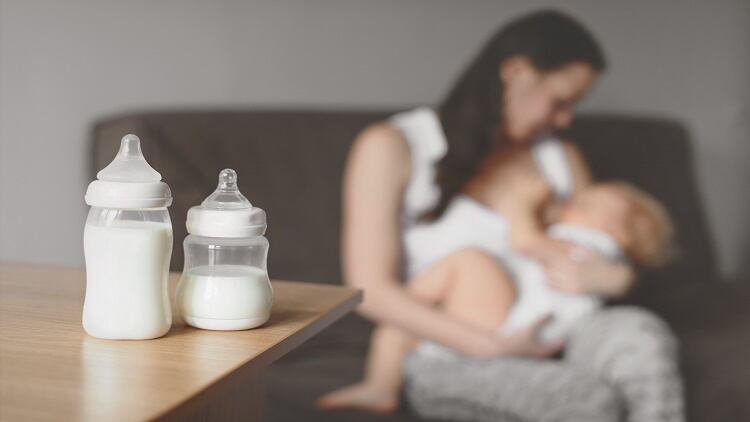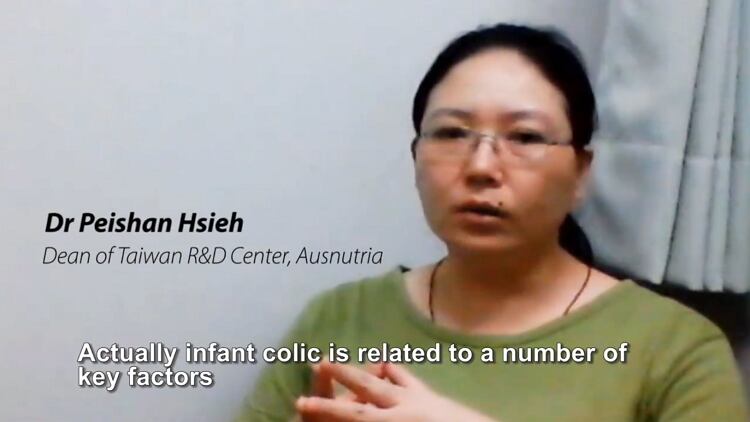A World Health Assembly Organisation resolution in 2016 had urged member states to “end inappropriate promotion of food for infants and young children” and reaffirmed the need to promote exclusive breastfeeding in first six months of life.
However, a study recently published in the BMJ Journals found that a high proportion of national paediatric associations had received funding from “breast milk substitute” (BMS) firms.
This is said to be the first study to systematically document the extent of conflicts of interest in national paediatric associations with regard to BMS firms.
The researchers conducted a search on paediatric associations with an online presence, such as official webpages or social media account between June and August 2017, to find out if they had documented funding from BMS manufacturers.
These include funding of journals, newsletters, conferences and events, scholarships, grants and awards.
Online information was available for 114 associations, out of the 152 known associations.
The study found that 60% of the associations studied had acknowledged that they had received certain forms of funding.
Sponsorship of conferences was the most common type of funding received. Other types of funding include general sponsorship, scholarships, awards, grants or fellowships.
In Asia, half of the paediatric associations (15 out of 30) said they received such funding.
China was one example where health workers were allegedly paid to recommend infant formula to new or expectant mothers.
The researchers also said that in Bangladesh, many mothers were advised by healthcare workers to use BMS without any prior counselling on breastfeeding.
Elsewhere in the US and Europe, the proportion was even higher at 82% and 66%.
Although sponsorship information was mostly documented on the associations’ website, such information can also be found on the websites of BMS companies.
“Despite the well-documented importance of breastfeeding and the widespread recognition that commercial influences can shape the behaviours of healthcare professionals, national and regional paediatric associations commonly accept funding from companies that manufacture and distribute BMS. Paediatric associations should function without the influence of commercial interests,” the researchers concluded.
Conflicts of interest policy
The researchers also suggested that associations that have received funding from BMS manufacturers were more likely to adopt conflict of interest policies.
“Interestingly, associations with a conflict of interest policy are actually more likely to accept sponsorship from BMS companies than those that do not have such policies.
“It may be the case that conflict of interest policies actually make it easier to accept funding or it may be that once a decision has been made to accept funding, the association sees the need to write down a policy to justify the acceptance and to govern how the funds will be used,” the researchers explained.
On the other hand, only a small number of associations (16%) have published some forms of policies to manage conflicts of interest.
Limitations
The researchers acknowledged that a limitation of the study is that it mainly looked at the information present online, instead of directly contacting the associations to confirm the information.
Also, there may be a lack of information, since not all funding may be acknowledged online.
“Funding that has not been documented on websites was not captured, potentially leading to an underestimate of the extent of industry funding.
“This study was not able to capture information on the amount of funding received or on how it compares to funding from other sources,” the researchers said.
Response
In response to the findings, industry associations said paediatric associations and healthcare professionals were key in educating infants’ nutritional needs to mothers, but said firms needed to have an “appropriate relationship” with these parties.
CEO of Infant Nutrition Council, Jan Carey, told NutraIngredients-Asia: “Under the WHO Code health professionals have an essential role in providing advice about infant feeding including infant formula.
“For this reason there needs to be a relationship between them and the industry that manufactures infant formula. But it must be an appropriate relationship. Ensuring that the mothers of formula fed babies receive adequate and appropriate information while protecting the critical role of breastfeeding, is an important task for infant formula companies, health care professionals and government.
“The WHA resolution 69.9 was not endorsed by the World Health Assembly and as such has not necessarily been implemented by governments around the world including the Australian or New Zealand governments.
Instead, he said that the council had developed a set of guidelines for Australia and New Zealand on the appropriate interaction between the industry and healthcare professionals.
On the other hand, a spokeswoman from the Asia Pacific Infant and Young Child Nutrition Association (APIYCNA), said it welcomed a constructive dialogue with all stakeholders for improving the health of mothers and children.
She reiterated the support for paediatrics associations in promoting “the highest standard of care for women and children” while supporting “the WHO’s goal to increase the rates of breastfeeding, including the promotion of exclusive breastfeeding for the first six months of an infant’s life” at the same time.
Source: BMJ Journals
Sponsorship of national and regional professional paediatrics associations by companies that make breast-milk substitutes: evidence from a review of official websites
http://dx.doi.org/10.1136/bmjopen-2019-029035
Authors: Grummer-Strawn, et al





